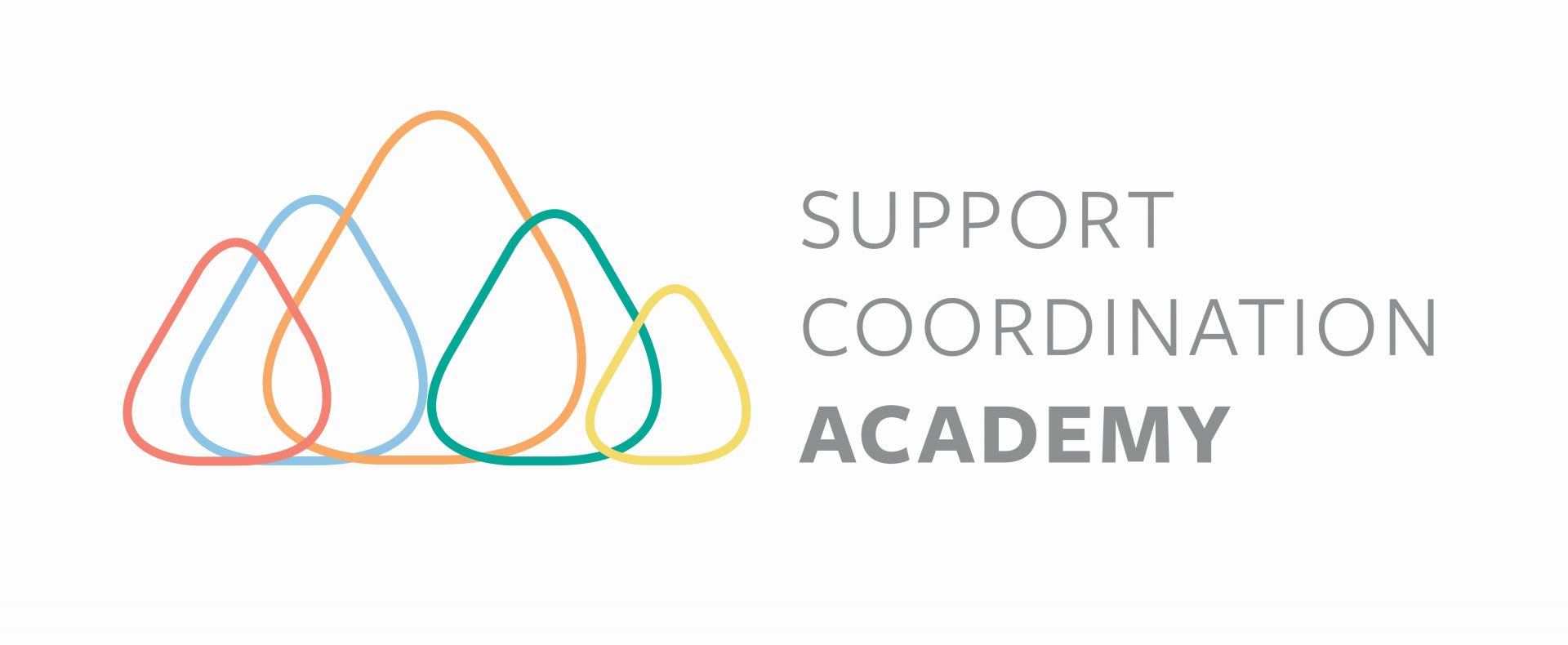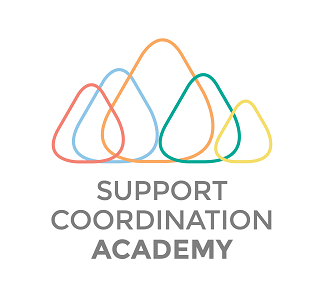How can I become a great support coordinator?
More NDIS participants than ever are experiencing
the benefits of engaging a Support Coordinator to help them with the management
of their providers and services. The NDIS is a complex and evolving system with
its own language that a good support coordinator can translate into actions
designed to meet a participant’s needs and goals.
While there are also many technical skills
behind a great Support Coordinator, a big part of their role is having the
tenacity and lateral thinking to overcome obstacles that arise in a
participant’s NDIS journey. When others think something is too complicated, a
great Support Coordinator is the person who says, “let’s work together to get
through this”.
I’m looking for a Support Coordinator,
what questions should I ask them first?
As your expert manager of the NDIS, the
Support Coordinator you choose to engage should not only have a thorough
knowledge of the NDIS and local provider landscape. They should also make you
feel comfortable, heard and in charge of the goals and expectations you have
for Support Coordination services.
We recommend sitting down with the Support
Coordinators you shortlist and asking them some questions to better understand
how they intend to improve your NDIS services:
- How well do you know the National Disability Insurance Agency’s systems and requirements?
- Have you worked with people with similar goals, interests, disability type and support needs to me before?
- How well do you know the supports and services in my local area, and the providers and services that I’m thinking of using?
- How do you organise, plan, and prioritise your Support Coordination activities?
- Are you able to provide some examples of the successes you have had helping people reach their goals?
- These are my goals - What ideas do you have around how we would achieve them?
- How do you make your referrals?
- What if I am not happy with one of the services you refer me to?
- How many participants are you working with right now?
- How do you charge for and keep track of your time?
- What is the quickest way to contact you?
- Do you attend workshops/professional
development?
Great Support Coordinators invest in
ongoing education and training
Good Support Coordinators would be
surprised at the limited practical training offered by some providers. The
advantage of an intensive training course is that you get an up-to-date look
into NDIS processes and a broad understanding of support coordination by
educators who have been involved in the NDIS from the beginning.
Due to the constant changes to the NDIS
rules and processes, Support Coordinators need to be aware of these changes and
understand how they impact on the sector as a whole in order to continue to
deliver high quality services. Therefore, it is important that independent and
large organisations remain connected to their local community and peer support
networks, and continue to offer professional development opportunities to all
of their staff.
New Support Coordinators especially should
be looking for peer and mentorship connections to familiarise themselves with
complex areas of support coordination. Short courses have several benefits
which make them a valuable addition to existing forms of Support Coordinator
training, including:
- accessibility – these shorter, less expensive courses help workers who are short on time to undertake essential training and fit it around other commitments
- adaptability – training for a broad range of skills and roles allows workers to choose training that is tailored to their specific needs
- responsiveness – shorter
coursers offer greater flexibility in course development to respond to industry
needs.
Support Coordination Academy’s Fundamentals workshop is
great for new Support Coordinators and those aspiring to enter the role as it
will truly help you to understand what it takes to be a great Support
Coordinator and how to achieve great outcomes.
Great Support Coordinators are effective
communicators
How does a Support Coordinator build a participant’s ability to make informed decisions and choices about their disability supports? The most important step in the Support Coordination journey is getting to know the Participant, their interests, and their goals.
Effective communication underpins the
rights of people with disabilities to have choice and control, and to make
decisions about their own lives.
Great Support Coordinators use
technology to plan and track meetings and participant goals
Goal setting and tracking are fundamental in assisting participants to achieve their goals. A good Support Coordinator’s aim is to provide participants with a range of choices and possibilities to help them to achieve these goals.
With a participant’s guidance, a great
Support Coordinator will:
- assess several providers, including mainstream, community and informal options available
- provide advice and support on how to negotiate services, understand the price guide (what fees are reasonable) and what constitutes a fair service agreement
- arrange assessments if required
to determine the nature and type of funding necessary
Instead of relying on ad hoc and reactive
meetings with participants, good Support Coordinators take the time to plan and
facilitate regular check-ins. This planned approach allows time for the
participant to prepare, update their information, check goal progress, and deal
with any service issues before they become at risk of breaking down.
Support
Coordination Software is a priceless asset for Support Coordinators to
manage their caseloads and keep on top of participant needs.
Support Coordinators follow the NDIS
Code of Conduct and provide information about the rights of the
participant
The NDIS Code of Conduct was introduced for
workers under the National Disability Insurance Scheme to ensure the safety and
wellbeing of people with disability.
In providing supports or services to people
with disability, a great Support Coordinator acts as a safeguard by applying
the Code of Conduct, this includes
ensuring they:
- act with respect for individual rights to freedom of expression, self-determination and decision-making in accordance with applicable laws and conventions
- respect the privacy of people with disability
- provide supports and services in a safe and competent manner, with care and skill
- act with integrity, honesty and transparency
- promptly take steps to raise and act on concerns about matters that may impact the quality and safety of supports and services provided to people with disability
- take all reasonable steps to prevent and respond to all forms of violence against, and exploitation, neglect and abuse of, people with disability
- take all reasonable steps to
prevent and respond to sexual misconduct.
Some NDIS participants have never been
informed in plain and easy to understand language about their rights, and you
may be the first person to explore those rights with them.
By providing the right environment for
participants to understand their rights, a great Support Coordinator can enable
a participant to improve their ability to self-advocate and to increase their
overall independence and decision-making capacity.
To learn more about what it takes to become a great Support Coordinator, Contact us for more information about professional development courses and Support Coordination Software.


